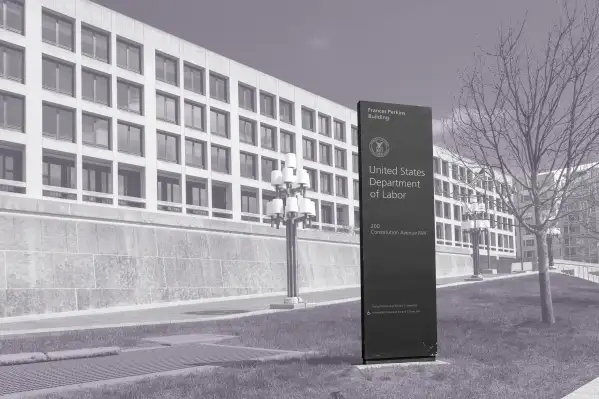The White House Won't Push to Extend Pandemic Unemployment Benefits Ahead of September Expiration Date

Three federal programs that have provided jobless Americans with extra unemployment benefits during the COVID-19 crisis are set to expire Sept. 6 — and the White House is not going to stop it.
That was the message from Treasury Secretary Janet Yellen and Labor Secretary Marty Walsh in a Thursday letter to congressional leaders about the upcoming benefits cliff. They called the initiatives "a critical lifeline for millions of Americans who were unemployed, through no fault of their own, during the COVID pandemic." But they indicated that President Joe Biden does not plan to push for an extension because labor conditions show the "nation is getting back to work."
The unemployment rate currently sits at 5.4%, though concerns around the Delta variant could hurt the economy and the jobs market in the months ahead.
The Century Foundation estimates about 7.5 million people will lose all of their benefits when the Pandemic Unemployment Assistance and Pandemic Extended Unemployment Compensation programs wrap up next month. Others will be impacted by the end of Federal Pandemic Unemployment Compensation, which provided a $300-per-week supplement on top of regular state payments.
"The temporary $300 boost in benefits will expire on September 6th, as planned," Yellen and Walsh wrote. "As President Biden has said, the boost was always intended to be temporary, and it is appropriate for that benefit boost to expire."
Admitting that it makes sense for some workers to "continue receiving additional assistance for a longer period of time," the letter also pushed states to use some of the $350 billion allocated to them in the American Rescue Plan to keep supporting unemployed people.
Whether they will is another issue. Some states have already, and controversially, cut the enhanced benefits off. States like Alabama, Iowa, Missouri, South Carolina and Texas ended PUA and PEUC benefits earlier this summer; others have tried to end the program and been sued over it.
The secretaries' letter proposed broader unemployment reform, but the quickly approaching September deadline is a more pressing concern for the 8.7 million people who are still unemployed. The National Employment Law Project said in a news release that 74% of recipients "now face the loss of all unemployment aid on Labor Day." Workers of color will be disproportionately affected.
If this sounds familiar to you, it's probably because it's reminiscent of the mess that happened earlier this month with the federal eviction moratorium. The moratorium expired, sparked protests and then was frantically — and legally dubiously — re-upped by the Centers for Disease Control and Prevention.
As pandemic-specific relief programs continue to expire in the coming months, the most you can do is prepare your wallet, follow the news and call your representatives. The Senate returns from recess on Sept. 13, so stay tuned.
More from Money:
How to Apply for Unemployment Benefits — and Get as Much Money as Possible
24 Coronavirus Relief Funds That Give Cash to Workers in Need — and Where You Can Apply
You Can Get Free, Personalized Financial Advice During the Coronavirus Crisis
